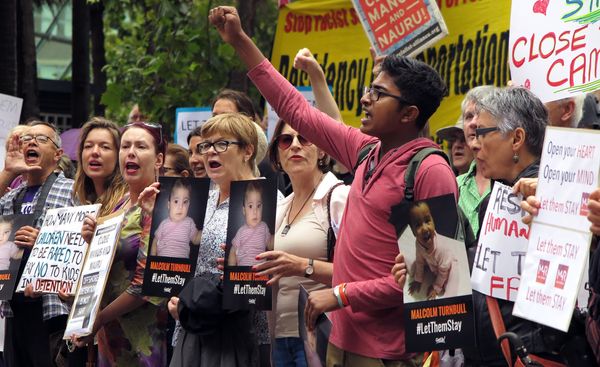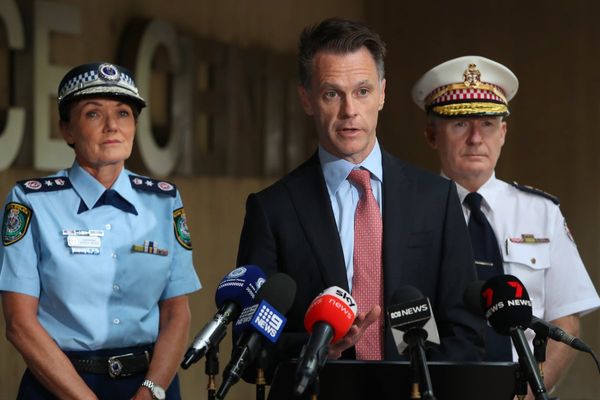
U.K. Prime Minister Liz Truss resigned Thursday, just 44 days after winning a leadership contest to lead the Conservative party, following weeks of financial market turmoil triggered by her ill-fated economic agenda.
Truss made a brief statement outside Downing Street following a meeting with backbench lawmakers -- many of whom backed her leadership campaign over the summer -- and indicated she would stay on until a successor has been named from a new leadership contest set to begin next week.
Her brief tenure as Prime Minister will go down as the shortest on record, surpassing the 119 days of George Canning, who died in office of a heart attack in 1827.
"I recognize though, given the situation, I cannot deliver the mandate on which I was elected by the Conservative Party," Truss said. "I have therefore spoken to His Majesty the King to notify him that I am resigning as leader of the Conservative Party.
"This morning I met the chairman of the 1922 Committee, Sir Graham Brady. We've agreed that there will be a leadership election to be completed within the next week," she added. "This will ensure that we remain on a path to deliver our fiscal plans and maintain our country's economic stability and national security."
The pound was marked 0.5% higher on the session following Truss' resignation to change hands at 1.1254 against the U.S. dollar, while the FTSE 100 -- which is largely comprised of companies that earn revenues outside of the United Kingdom -- was down 0.2% at 6,913.5 points.
Truss' position, already hanging by a thread following the market reaction to her tax cut and borrowing increase plans unveiled by the now-departed finance minister Kwasi Kwarteng, was effectively rendered untenable earlier this week following the resignation of two senior cabinet ministers, including the Home Secretary Suella Braverman.
The pound neared parity against the U.S. dollar late last month following the so-called 'mini budget' statement from finance minister Kwasi Kwarteng that included included $80 billion in new borrowing -- the largest increase since 1972 -- to fund both a planned cap on consumer energy prices over the coming winter and tax cuts for the highest earners in the world's fifth largest economy.
The Bank of England, which raised its key Bank Rate last week by 50 basis points, to 2.25%, as part of its ongoing effort to tame the fastest inflation in four decades, was then immediately forced to intervene directly into foreign exchange markets to prop up the pound and stabilize trading in the $2.1. trillion U.K. bond market.







